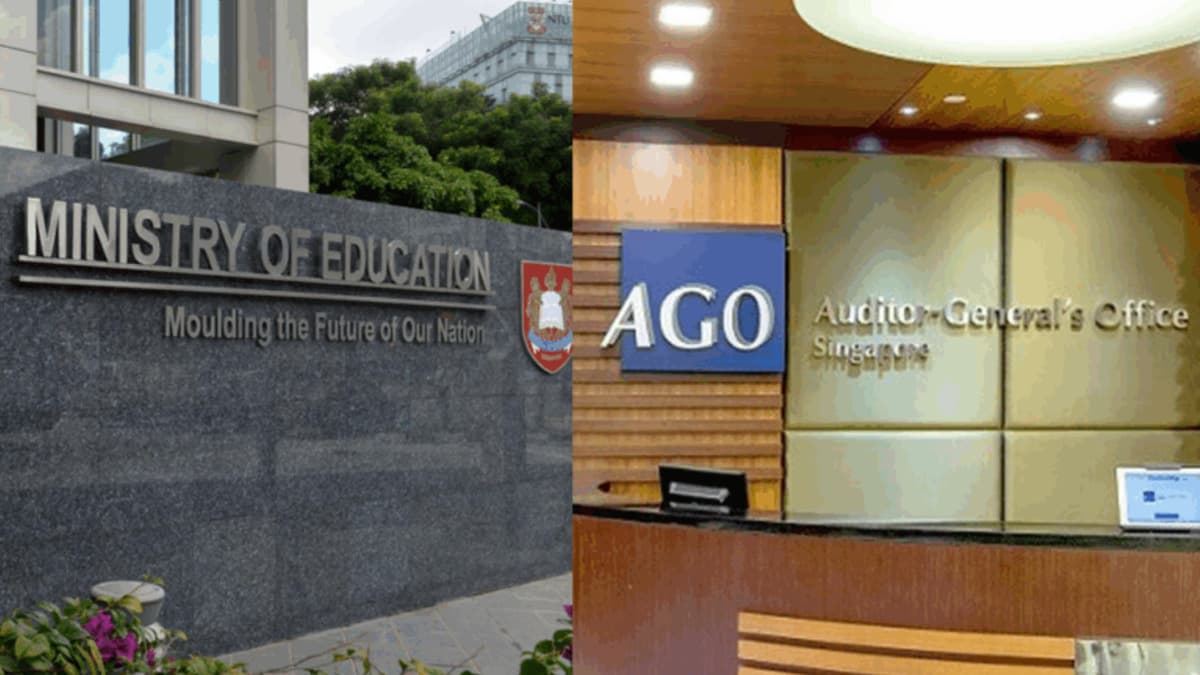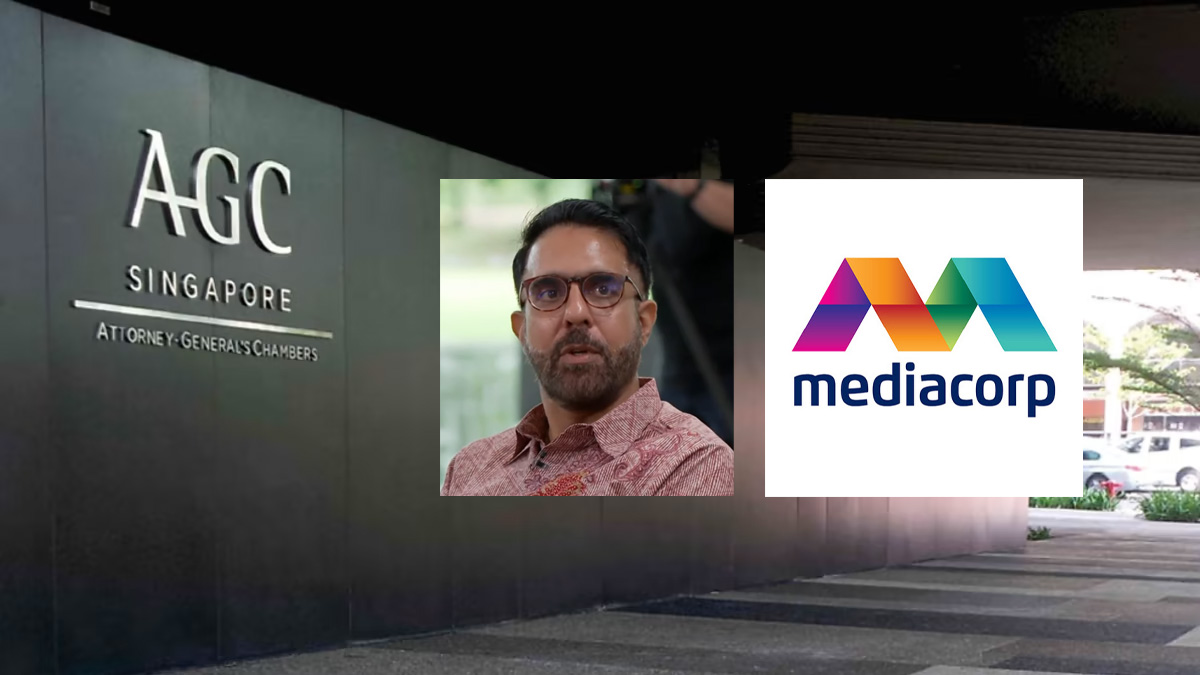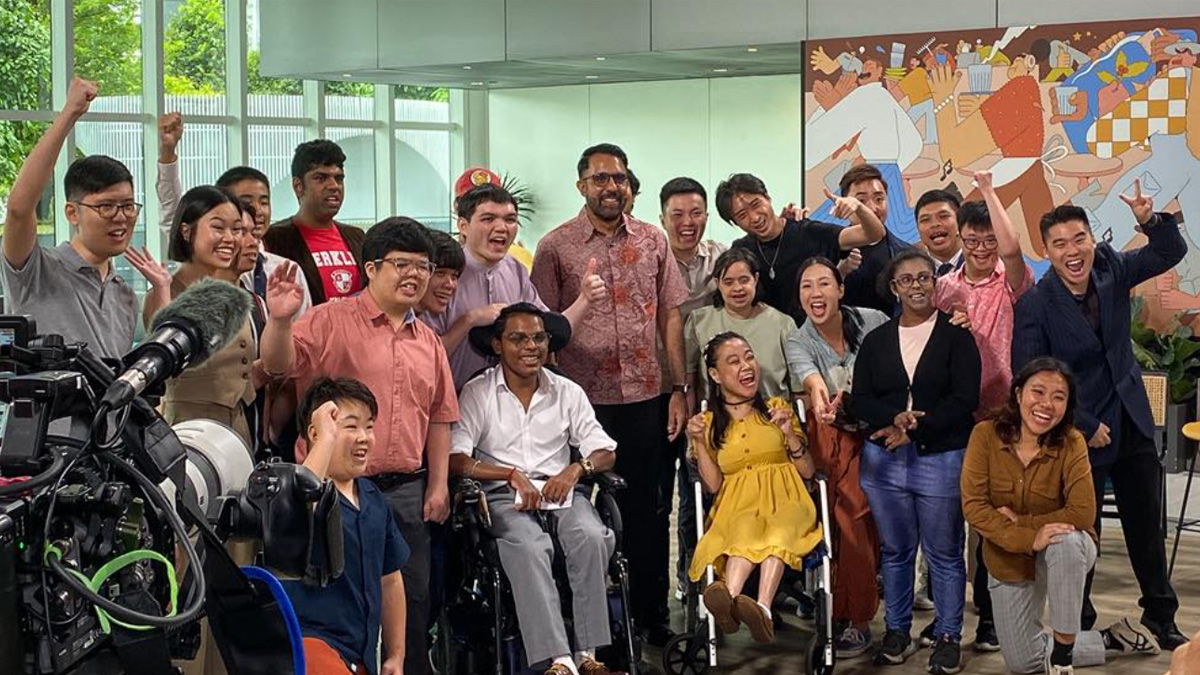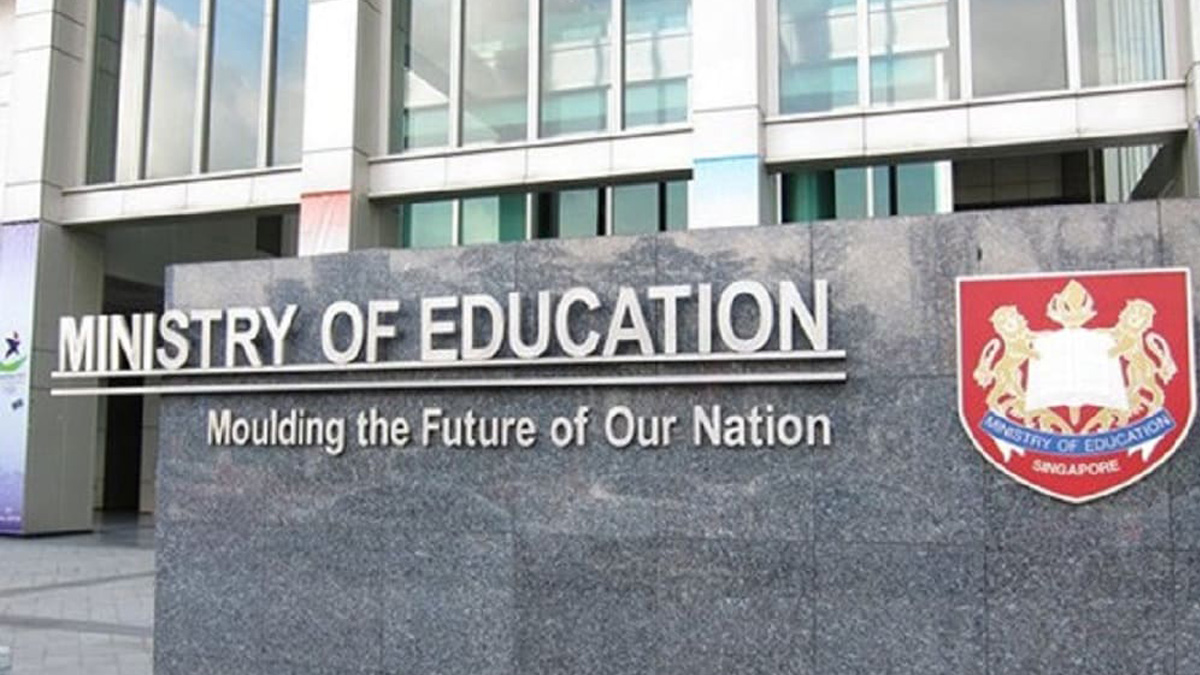AGO flags weak oversight of Post-Secondary Education Account withdrawals
The Auditor-General’s Office (AGO) has uncovered lapses in the Ministry of Education’s (MOE) management of Post-Secondary Education Account (PSEA) withdrawals, including S$116,200 in unreturned funds that went unrefunded for up to 2.8 years. MOE has since refunded the full amount and is tightening oversight measures.

- AGO found 299 duplicate or excessive PSEA withdrawals and eight withdrawals made for unenrolled students.
- One training provider failed to refund S$116,200 for up to 2.8 years.
- MOE relied too heavily on training providers and account holders for oversight.
The Auditor-General’s Office (AGO) has identified significant weaknesses in the Ministry of Education’s (MOE) oversight of the Post-Secondary Education Fund, specifically the administration of withdrawals from the Post-Secondary Education Account (PSEA).
According to the AGO’s report for Financial Year 2024/25 released on 9 September 2025, unutilised withdrawals totalling S$116,200 were not promptly refunded by a training provider. These funds, drawn for course fees, remained unreturned for as long as 2.8 years.
The audit covered the period from 1 April 2021 to 31 March 2024 and examined both receipts and payments related to the PSEA, which enables Singaporeans to use government savings for post-secondary education.
Unutilised withdrawals and duplicate claims
AGO reviewed withdrawal data amounting to S$30.09 million during the audit period, focusing on three training providers through test checks. At one provider, AGO found 299 cases where withdrawals were made multiple times for the same course or exceeded the prescribed fees.
In eight other instances, withdrawals were processed even though the member had not enrolled in any of the claimed courses.
AGO concluded that the unutilised amounts were not refunded to members’ accounts in accordance with the Education Endowment and Savings Schemes Regulations and MOE’s standard procedures, which require such funds to be promptly returned.
Weaknesses in oversight
The report criticised MOE’s reliance on training providers and account holders to monitor withdrawals and refunds. AGO said the absence of active oversight meant the ministry lacked assurance that PSEA funds were being used and refunded correctly.
It also noted that PSEA withdrawals were allowed before members were enrolled in courses, increasing the risk of unutilised funds accumulating and remaining with providers.
MOE’s response and corrective actions
In its reply, MOE said it had a control framework that provides members with monthly and annual account statements to help them track transactions. The ministry confirmed that the training provider involved has since refunded the full S$116,200.
MOE outlined several measures to strengthen governance and accountability. Since 2022, the withdrawal process has been progressively tightened, and from 2023, Singpass authentication became mandatory for all PSEA withdrawal requests, preventing unauthorised transactions.
In December 2023, MOE launched a pilot audit programme targeting selected training providers to assess their withdrawal and refund processes. The programme will be expanded to cover all providers.
Further enhancements to prevent recurrence
The ministry said it will now conduct retrospective reviews of withdrawals made by all training providers over the past six years.
It also plans to introduce system-level checks to automatically flag duplicate withdrawal patterns and implement annual declarations by providers affirming the validity of all claims and the timely refund of unused funds.
AGO, in its report, urged the ministry to strengthen central oversight, stating that the lapses revealed “structural weaknesses” in the process governing PSEA withdrawals. It said that if MOE’s planned measures are fully implemented, they would likely address the identified gaps.
This was one of 25 key observations in AGO’s annual audit report for FY2024/25, which reviewed financial governance across ministries, statutory boards, and public agencies.










